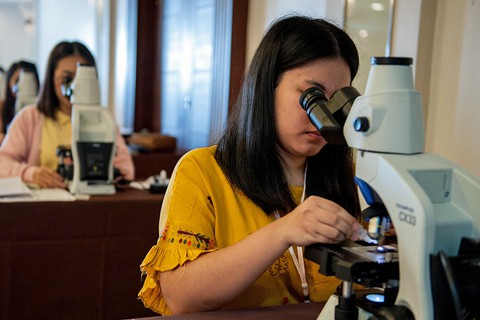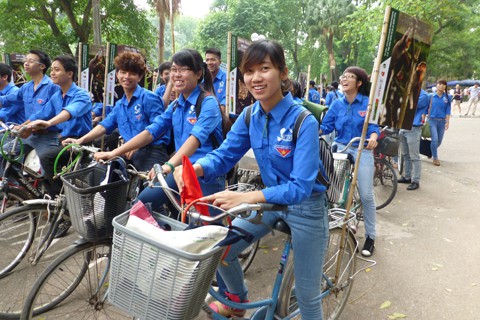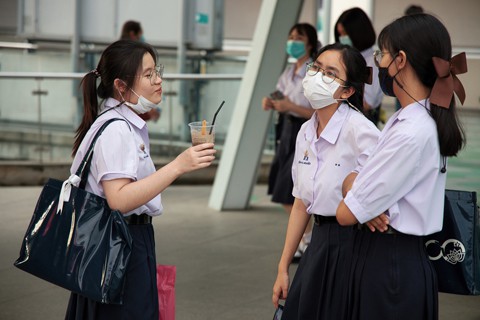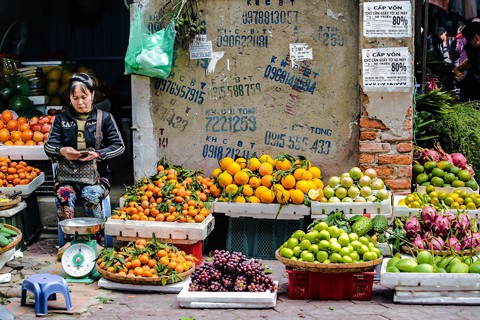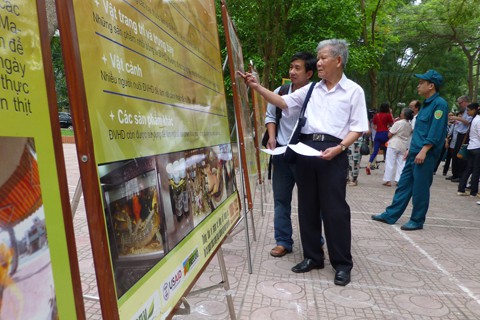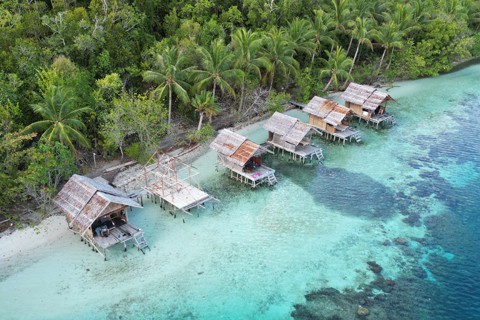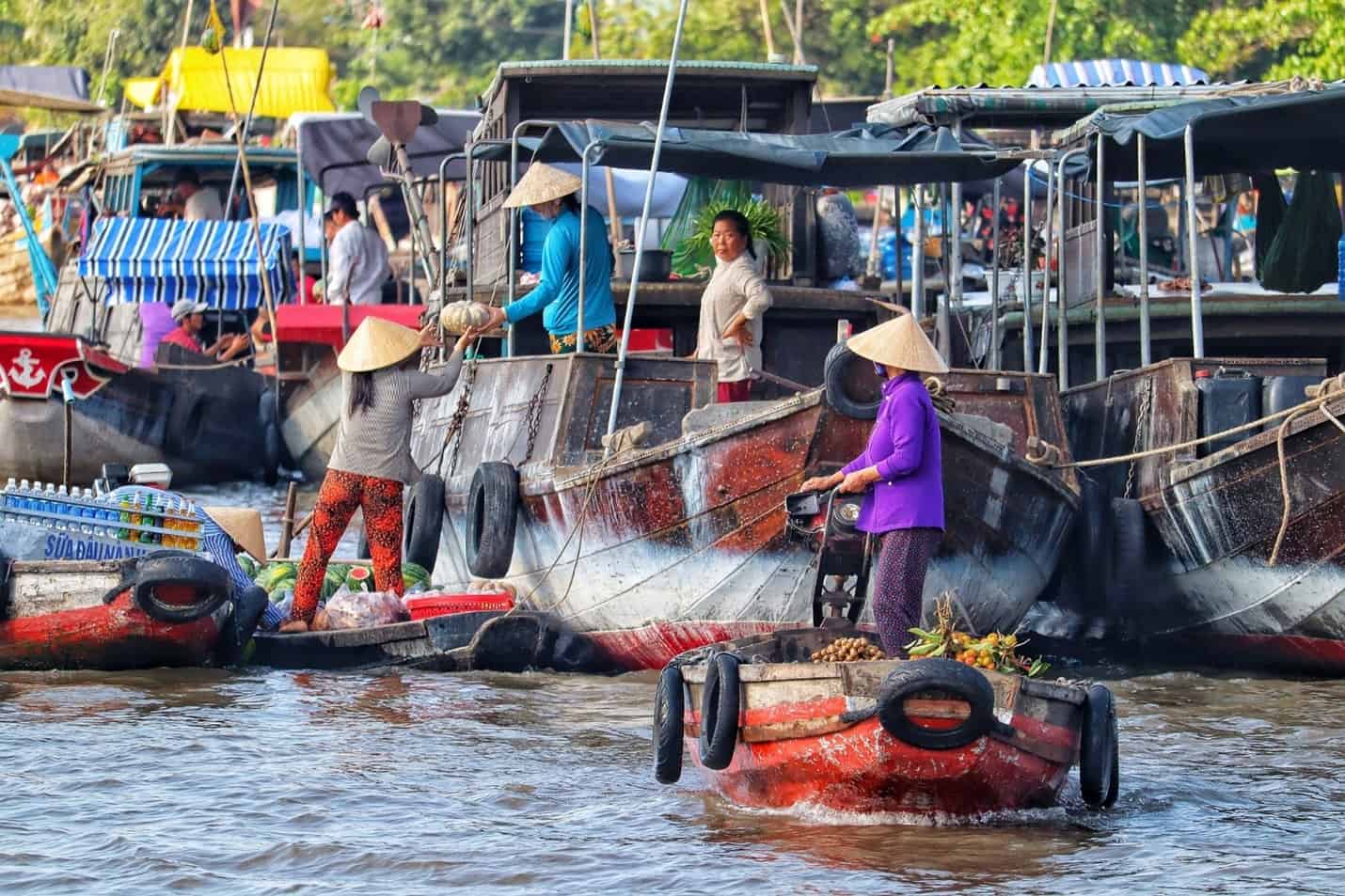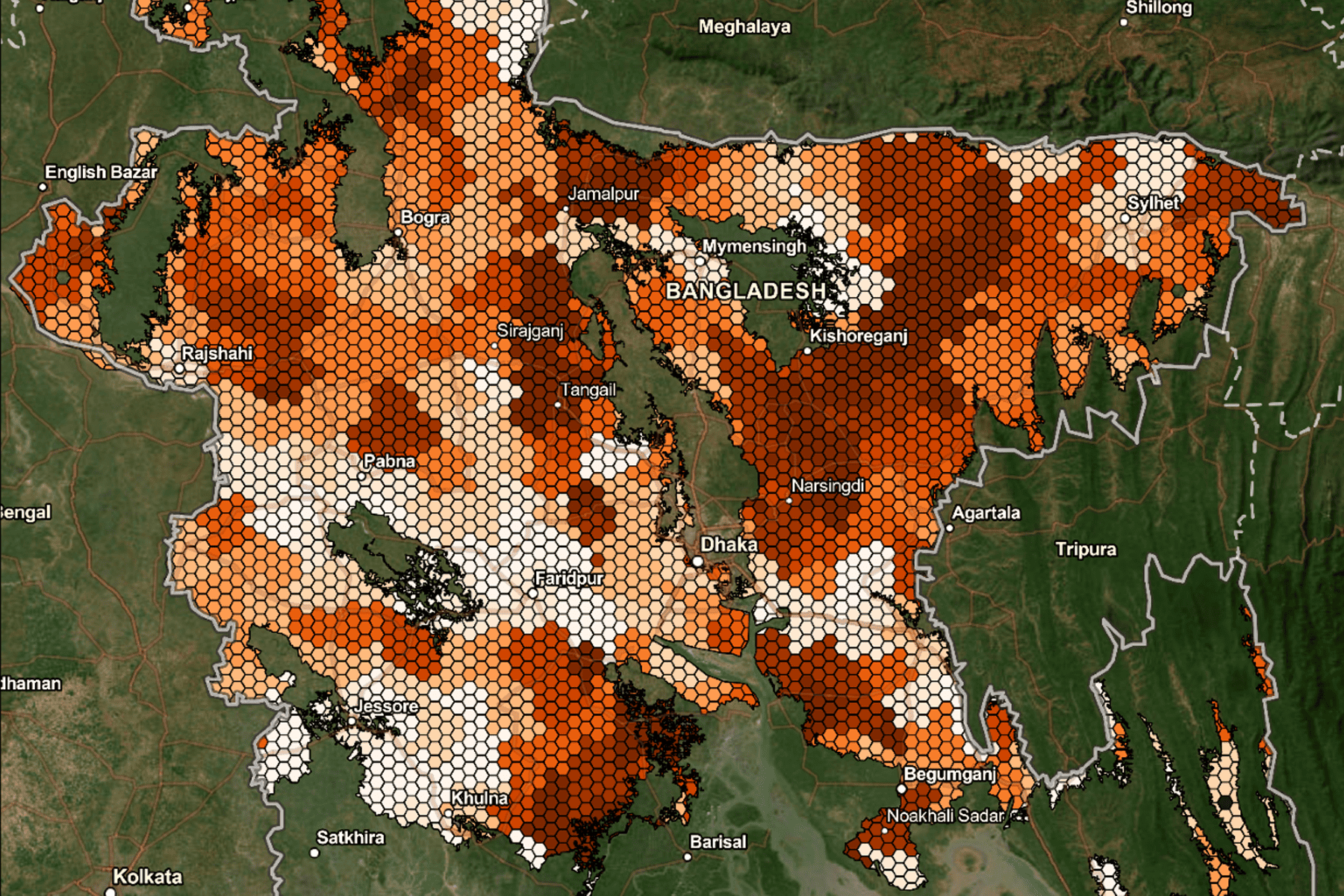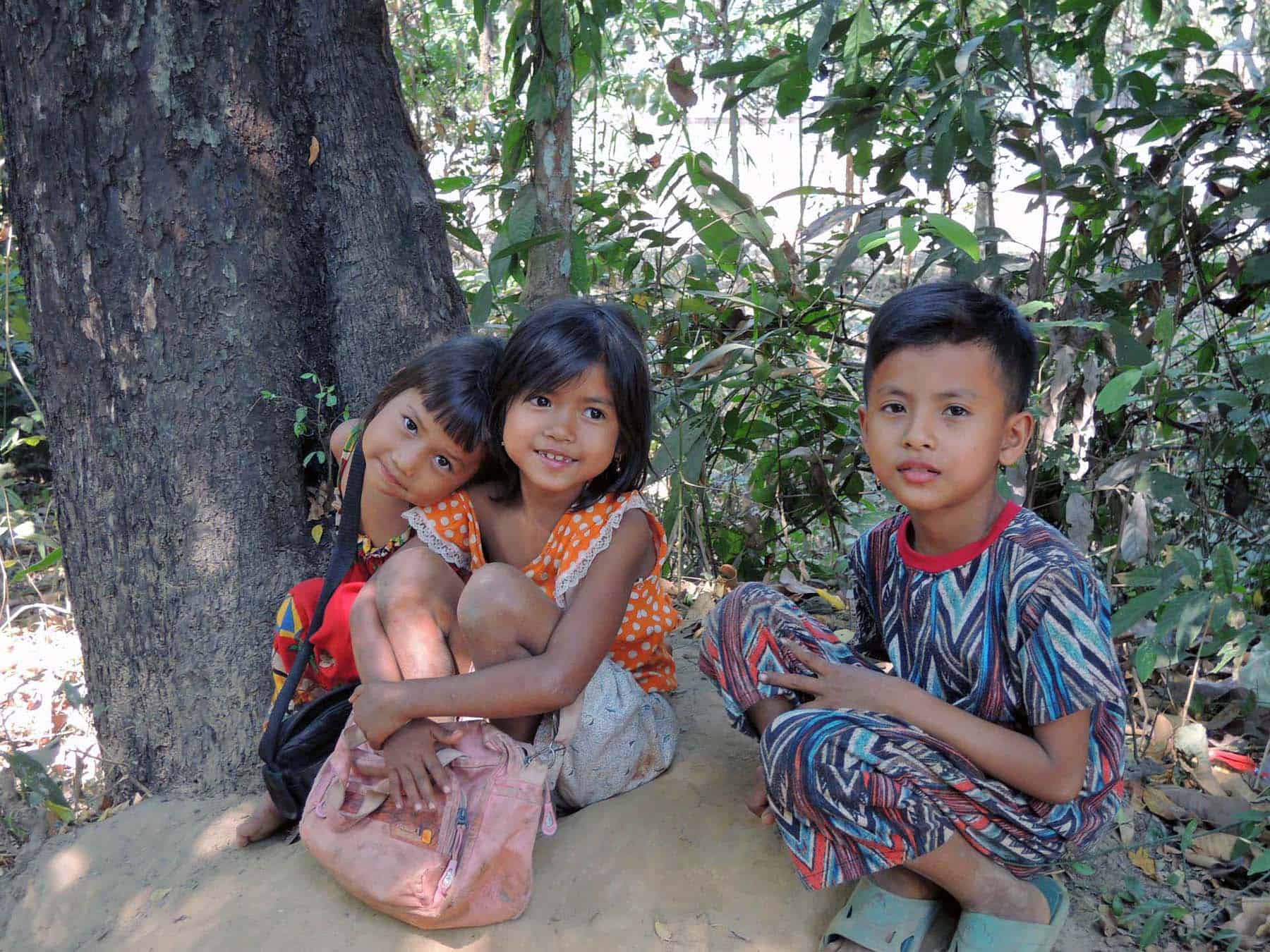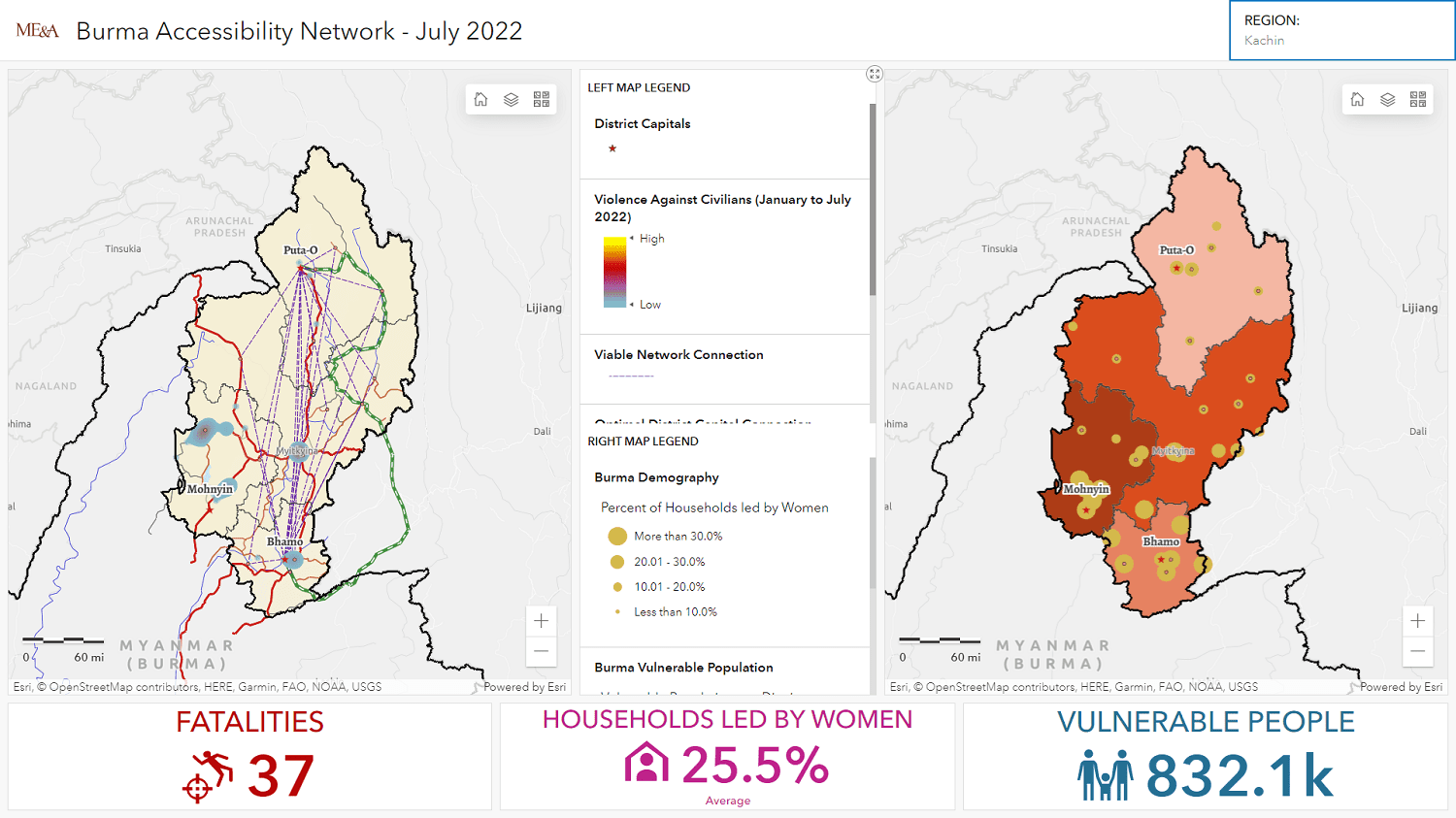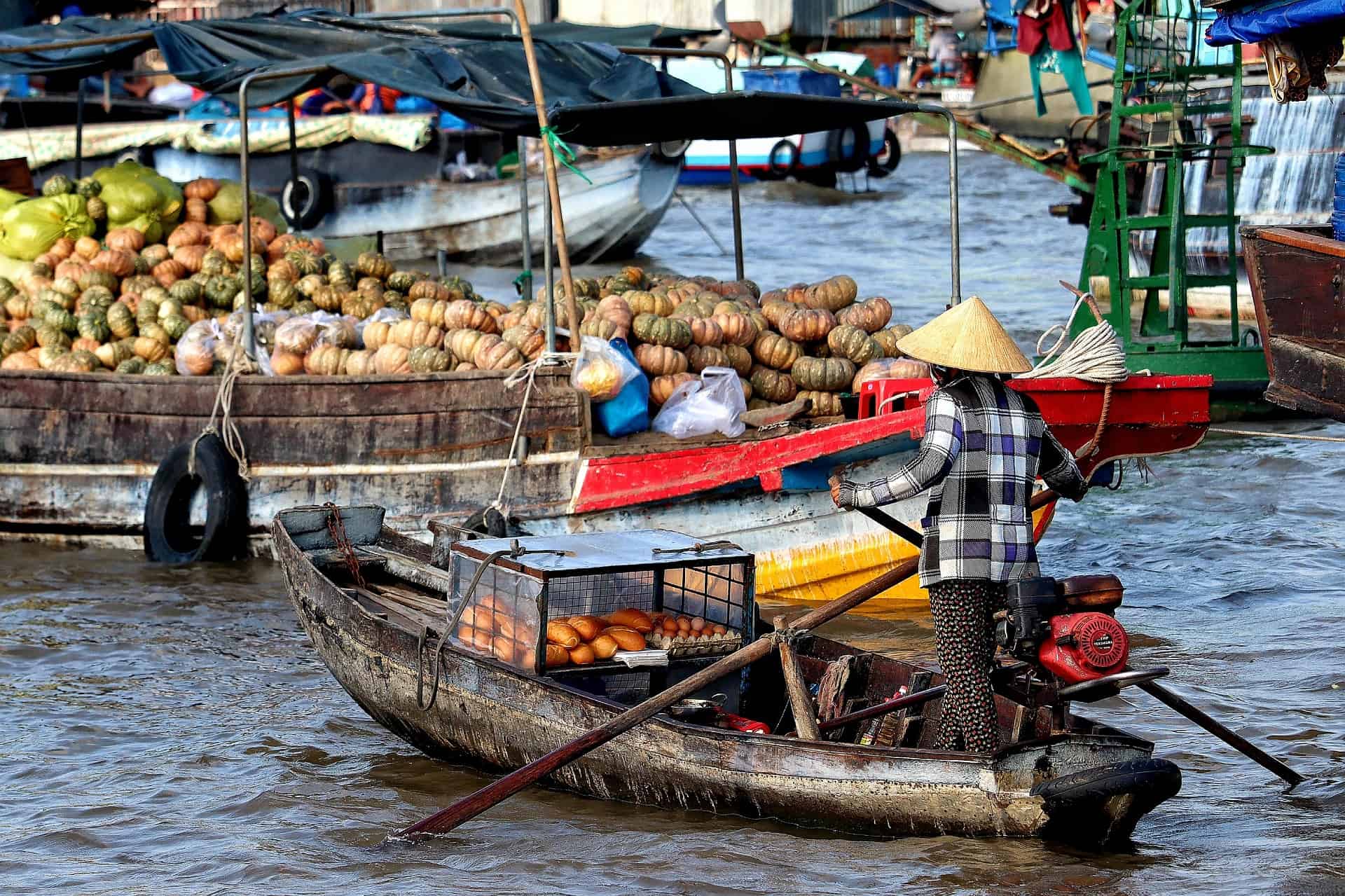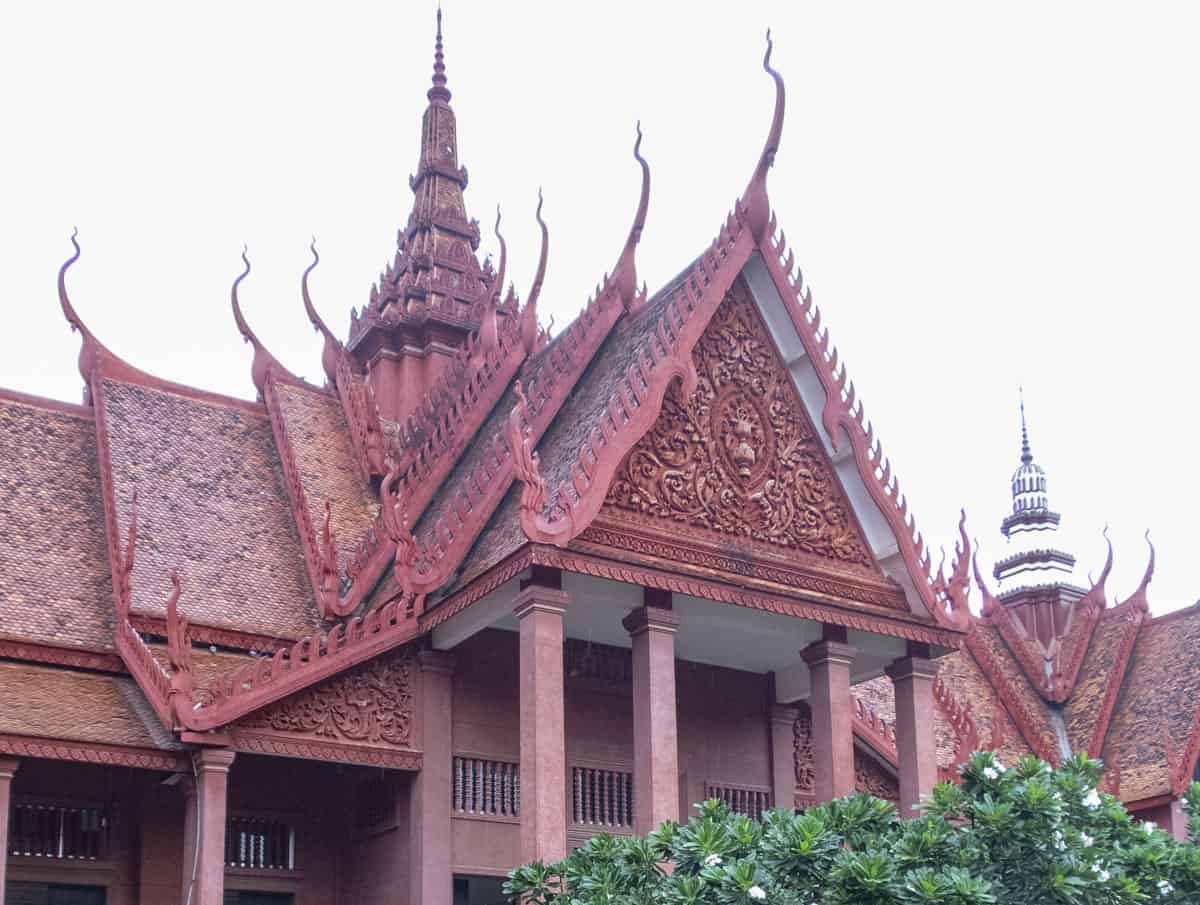
USAID/RDMA Monitoring, Evaluation, and Learning for Program Cycle Management Support Activity
CLIENT: USAID Regional Development Mission for Asia (USAID/RDMA)
COUNTRIES: Southeast Asia and Pacific Archipelago nations, including USAID/RDMA initiatives in China and Thailand
PRACTICE AREAS: Monitoring, Evaluation, and Learning
TIME PERIOD: 2023 to 2024 with three option years
Overview
The USAID/RDMA Monitoring, Evaluation, and Learning for Program Cycle Management Support (MEL4PCM) activity provides monitoring, evaluation, and learning (MEL) services to support the USAID/RDMA in achieving the Regional Development Cooperation Strategy (RDCS) 2020-2025 for Southeast Asia goal of “a more resilient, inclusive, and secure Southeast Asia.” Under MEL4PCM, ME&A is enhancing the MEL; collaborating, learning, and adapting (CLA), and knowledge management (KM) capacity of USAID/RDMA staff, implementing partners (IPs), and stakeholders to improve the use of empirical data for evidence-based programming, learning, and adaptive management.
USAID/RDMA oversees regional development assistance programs in Southeast Asia and the Pacific Archipelago, including initiatives in China and Thailand. Beyond country-specific projects, it administers the Association of Southeast Asian Nations (ASEAN) Joint Collaboration Agreement through its ASEAN Operating Unit in Indonesia as well as manages the Asia Regional Training Center. Additionally, it hosts the Indo-Pacific Cooperation Hub, a regional center for the Bureau for Humanitarian Assistance, and an Office of Transition Initiative hub in Southeast Asia and the Pacific.
Activities
MEL4PCM covers a range of services, including performance and impact evaluations, assessments, special studies, and other types of analyses, such as geographic information system. With the aim of assisting USAID/RDMA achieve RDCS objectives related to democracy, human rights, and governance; economic connectivity; energy and environment/natural resources management; and global health, it also focuses on ensuring meaningful integration of gender equality and social inclusiveness, regional cooperation, private sector engagement, and regionally/locally led development to address transboundary challenges in a manner that supports the region’s and countries’ sustainable development. MEL4PCM has four main objectives:
- Conducting evaluation and special studies throughout the program cycle
- Supporting the appropriate use of empirical data and evidence for program improvement
- Strengthening the capacity of USAID staff in design, MEL, CLA, and KM
- Enhancing the capacities of IPs and other stakeholders in MEL, CLA, and KM for local/regional sustainability
Funding
USAID/RDMA awarded ME&A the MEL4PCM activity under the five-year Program Cycle Monitoring, Evaluation, and Learning (PCMEL) Support Activity Indefinite Delivery Indefinite Quantity (IDIQ).


